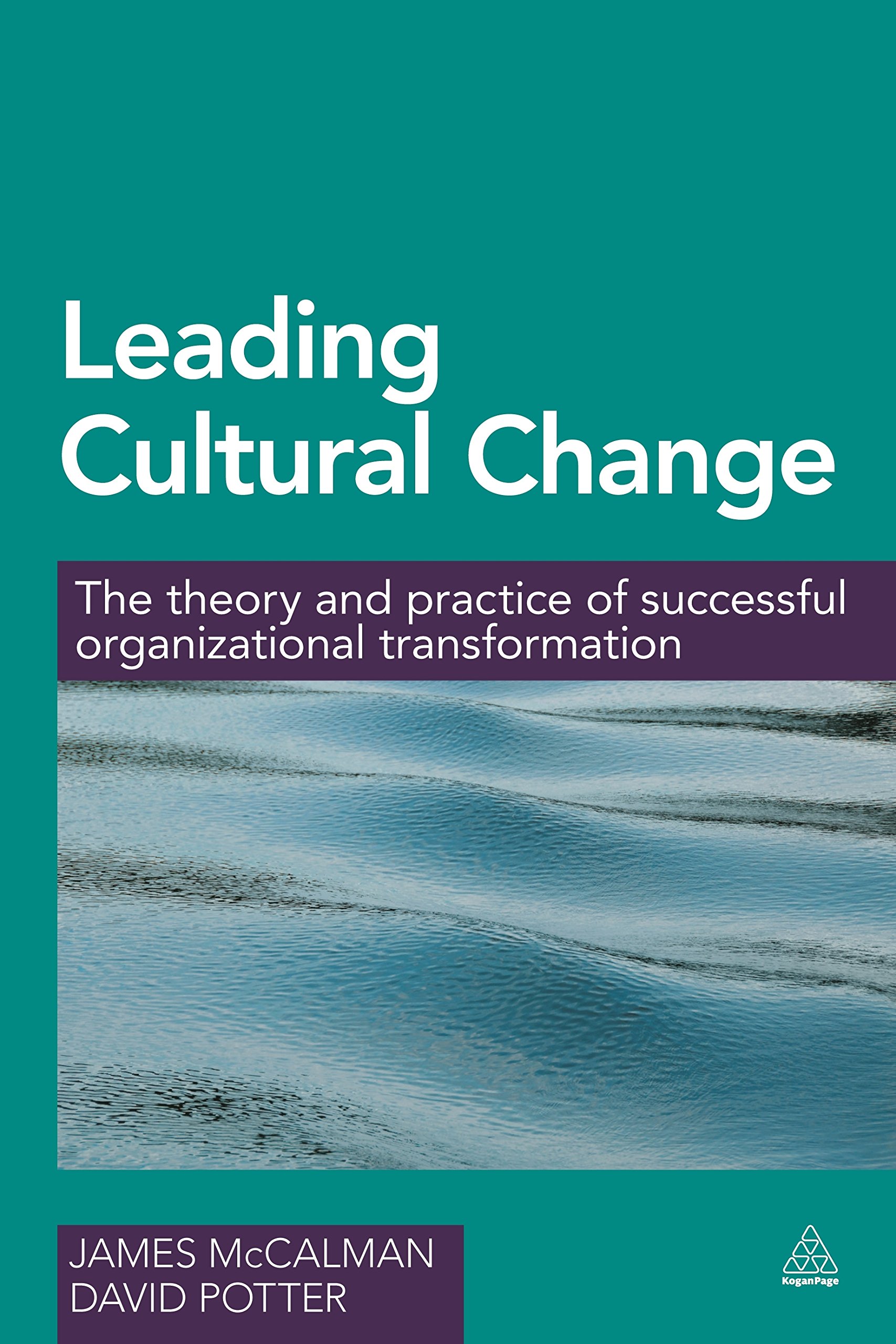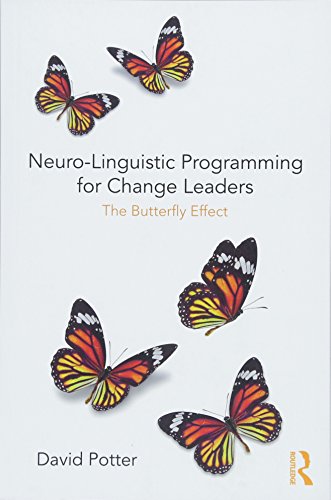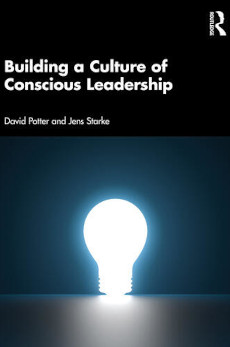Management; Study through an MBA; or the University of Life? or perhaps both?

Introduction
Having spent 25 years practising management starting as a restaurant manager and moving up through six different positions I have enjoyed a pretty successful management career. I started as a unit manager, then moved through to middle management and then for my last 15 years, I was part of a dynamic senior management team. I also studied the academic sources of management as well as learning from the actual practise of management and I gained two degrees; my Executive MBA from University of Strathclyde Business School which took 3 years part time and my Master’s Degree in Management Application from the University of Life Experience which took 25 years. For me learning from the formal academic process associated with the MBA as well as the University of Life (or school of hard knocks) enriched my ability to practise management.
I often wonder what did I learn about management on my MBA and how this compared with learning on the job? Well I think I did learn a lot about organisational functions such as; Marketing, Operations, Finance, Management Accounts, Statistical Analysis, Competitive Strategy, Information Technology, Decision Making, and Scenario Planning. These were all core subjects and involved lots of group work, working in pairs and of course working on my own.
The interactive learning experience did enable me to get more experience of collaborative working with managers from other industries and on reflection it was this experience that proved to be useful to me going forward as a practising manager. The actual 'technical' knowledge gleaned from intensive study gave me a deeper conceptual awareness as well as a common business language. I also studied electives such as Organisational Behaviour, Power Relations, Ethics and Cultural Change and these subjects were incredibly useful as they all centred in upon the human being and interactive dynamics. As a practising manager I needed development in these skills, and I was not alone. This is because management learning on the job was essentially an emotionally charged affair mediated through social interactions called human relations. This is a messy, tough and often stressful process as well as one that can be incredibly rewarding.
So what is management for me?
In a nutshell, after much contemplation, I think management is the process of building and sustaining rapport with multiple stakeholders to enable the delivery of successful business operations. In the absence of these skills I would question one’s ability to practise management let alone leadership regardless of how much knowledge of business functions one may have. To excel as a manager ideally involves excelling in relationship management.
As a manager I was responsible for a £20 million-pound enterprise employing around 600 staff. My goals were to achieve profitability and service standards across multiple client groups. However on reflection what I was primarily responsible for was 'relationship management'. I actively managed around ‘40’ critical relationships and if I was weak in any one then this impaired my ability to 'do my job'. I had to be very capable at:
- Building and maintain rapport
- Generating collaboration in groups
- Pacing the experiences of others without judgement
- Managing conflict between people
- Influencing outcomes
- Impression management
- Creating win win situations
- Securing stakeholder commitment
- Communicating with different stakeholders
- Managing my emotional states
- Self-reflection
The above list is by no means exhaustive though on reflection sometimes I was successful at achieving these outcomes and sometimes I was not. You see I had never had any training to help me develop these competencies, so it was all a bit of 'hit and miss'. I decided some 12 years ago to study these skills to understand how one could get better at managing one’s relationships and this has resulted in me now earning my living as a trainer and educator specialising in soft skills development and cultural change strategies that are incredibly centred upon human sense making and social interactions.
Modelling Conscious Leadership Skills
Our recent product 'Conscious Leadership Certification' https://www.culturalchange.co.uk/training-products is a Chartered Management Institute (CMI) Recognised Programme https://www.managers.org.uk and it addresses the human dimension of management which involves managing relationships. Managers do need advanced knowledge of business functions however they also need advanced knowledge of human interaction and the kind of skills they need to manage relationships. Conscious Leadership skills involves developing one's ‘inter and intra ‘personal skills to their full capacity. The idea of being consciously aware, or critically self-reflective regards the effect we have on others is at the heart of conscious leadership development. However this is not without its challenges.
Challenges and Opportunities
In my experience sometimes managers dismiss these skills as unimportant, or they feel that working with their beliefs and values and emotions are taboo areas that should not be touched, particularly in a training arena. Also sometimes they may feel psychologically unsafe about working authentically with others and shifting from analysis to interaction, from command to collaboration, and from rational emotional control economic thinking to emotional freedom and socio/cultural thinking.
However, some also are incredibly open to experimentation with their identities, their emotional, cognitive and behavioural strategies, and are willing to explore different approaches in different places. I work with both groups of managers holding and expressing differnt energies, and I love working with them for different reasons. The latter help me create a highly productive learning environment incredibly quickly whilst the former remind me why I am doing this. They remind me of myself in a former life. They remind me that they do not 'NEED' to be in this closed state they can choose to be 'open', to adopt a growth mind set and they can choose to develop their emotional intelligence the key thing is to be 'open' to experimentation and to be open to playing around with, and experimenting with different perspectives.
Learning by Doing
We have now worked with over 1,000 students of management as hundreds of practicing managers. We have developed a unique portfolio of experiential led programmes where we encourage managers to connect the ideas and methods, we are providing them with to their personal experiences. When they do this, often the transformations are startling. So if you would like to learn more about our 'action learning' approach check out our training products at www.culturalchange.co.uk or email [email protected]




